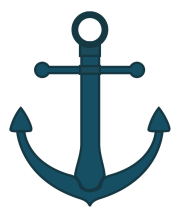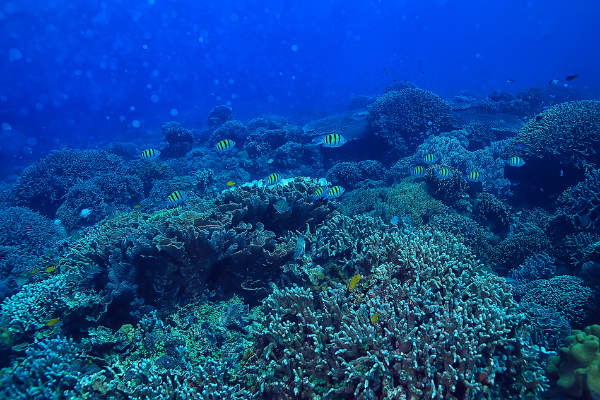Introduction
You may live far from the coast, thinking “oceans don’t affect you” but they do! Covering around two-third of the Earth’s surface, our life on this planet is dependent on oceans-both directly and indirectly.

You may live far from the coast, thinking “oceans don’t affect you” but they do! Covering around two-third of the Earth’s surface, our life on this planet is dependent on oceans-both directly and indirectly.

 Starting from supplying oxygen in the atmosphere to being a vital source of food and resources-contributing to the economic engines of several communities- we cannot think of life on Earth without oceans.
But over a decade of overuse and exploitation, human activities are posing a threatening impact on oceans-endangering marine life, habitat and the ecosystem.
In the face of growing threats including overfishing, pollution, coastal development, habitat destruction, acidification, it’s time we recognise the vulnerability and the damage we are causing to our ‘Blue’ planet.
Marine conservation, also known as marine resource conservation, focuses on protecting and preserving the marine ecosystem from human-caused damages. It’s all about restoring the damaged ecosystem in oceans and seas and preserving vulnerable marine species.
Starting from supplying oxygen in the atmosphere to being a vital source of food and resources-contributing to the economic engines of several communities- we cannot think of life on Earth without oceans.
But over a decade of overuse and exploitation, human activities are posing a threatening impact on oceans-endangering marine life, habitat and the ecosystem.
In the face of growing threats including overfishing, pollution, coastal development, habitat destruction, acidification, it’s time we recognise the vulnerability and the damage we are causing to our ‘Blue’ planet.
Marine conservation, also known as marine resource conservation, focuses on protecting and preserving the marine ecosystem from human-caused damages. It’s all about restoring the damaged ecosystem in oceans and seas and preserving vulnerable marine species.

Firstly, you should start with the conscious use of energy consumption- both at home and at work. There are a few simple things that you can do, starting today-including switching to compact fluorescent light bulbs, using the stairs, burning fewer fuels and so much more.
These small changes will add up to a positive impact in the future.
The marine population is being rapidly depleted due to high demand, unsustainable fishing practices, and loss of habitat.
You can protect marine life and the oceans by consuming seafood that is both healthy and sustainable. It also reduces the demand for overexploited species-resulting a conscious change
Plastics are one of the major reasons for debris and ocean pollution. Each year plastics result in the death of thousands of marine animals.
You can limit the use of plastics, rather use reusable water bottles, non-disposable containers, reusable bags, and recycle everything that is capable of recycling.
We all love to spend our holidays on the beach. True enough, water has its own therapeutic qualities.
Whether you’re relaxing, diving or surfacing or enjoying yourself on the beach, always make sure to clean up after yourself. Enjoy and admire the beauty of the ocean without disturbing or interfering with marine wildlife. Also, educate others and encourage others to maintain a clean marine environment.
There are several conservation organizations and institutions working on a variety of issues related to marine conservation.
Find such organizations and support and encourage them to make the change. Also, help them with some financial support or hands-on volunteering to help them accomplish their goals to protect the oceans and marine life.
The fact that you’re reading this post is already a step forward towards educating yourself. Remember our life is connected to the oceans and their inhabitants. Therefore we must ensure that both are safe and healthy.